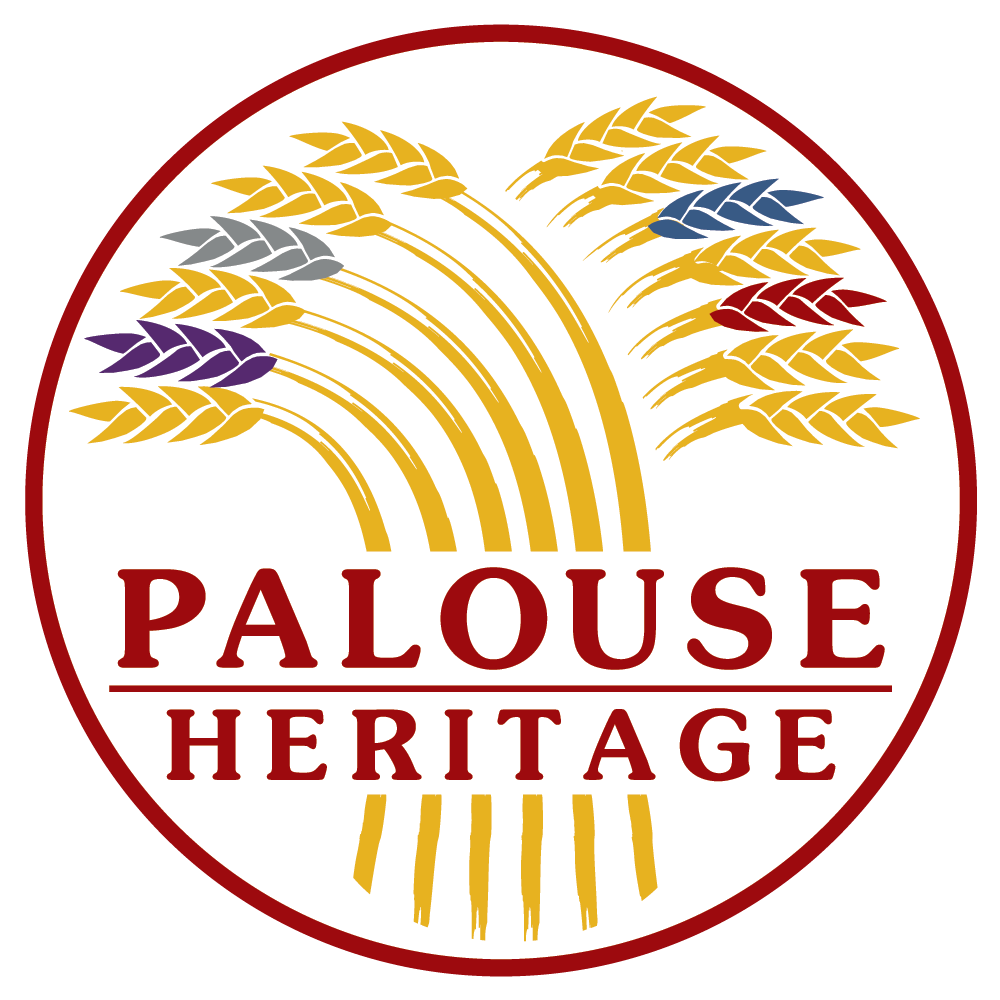With all the challenges that come in the raising, processing, and marketing heritage grains for baking and brewing, large cohort research validation of health benefits is noteworthy. Some small group studies have been conducted in the US, but these have been largely confined to small group studies conducted by groups like Rodale, Weston Price, and others with relatively limited funds and public impact. However, the American Medical Association has recently reported on significant research conducted over seven years in France, the French National Institute of Health/NIHR NutriNet-Sante Cohort Study (2020), that explored associations in some 69,000 participants with foods and incidence of cancer.
Whole Grain Crimson Turkey and Rye Loaves with Ethos Stone Mill Flour Ethos Bakery, Richland, Washington
The findings show strong correlations between those who consume "cleaner" foods (low chemical input, organic) and lower cancer rates as well as other positive health consequences. Commentary by the US-based Environmental Working Group points out that availability of certified organic foods is cost-prohibitive to many consumers, so they should consider healthy nonconventional farming practices that avoid widespread use of pesticides and artificial inputs as well as whole grain and high fiber foods rather than highly processed ones that often contain artificial additives. EWG president Ken Cook points out the value of future studies that could also explore possible links to ADHD, food allergies, and neurological diseases.

